What Does Halal Mean?
The term "halal" is an Arabic word meaning anything that is permissible in Islam. Within the food industry, Halal products are those products permissible for the Muslim community to consume.
1-877-HALAL-WW (+1-877-425-2599)


What Does Halal Mean?
The term "halal" is an Arabic word meaning anything that is permissible in Islam. Within the food industry, Halal products are those products permissible for the Muslim community to consume.

What does Haram mean?
Haram refers to anything that is unlawful or impermissible in Islam. This includes the consumption of certain foods and drink (alcohol, pork, etc...), as well as, the engagement in certain actions (E.g. gambling, harming others, backbiting, etc...)
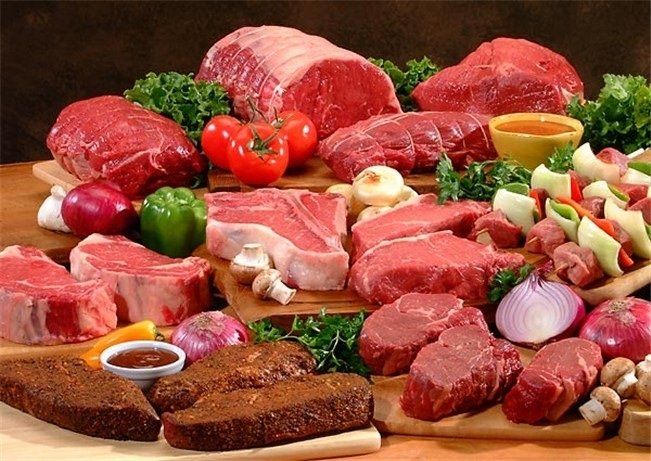
What kinds of things are Halal?
In Islamic law, all ordinary actions (acts of non-worship) are considered Halal, or permissible to perform, unless and until an evidence points to the contrary. This is based upon the qa’idah or principle: “The default (ruling) regarding ordinary actions is “Permitted”.
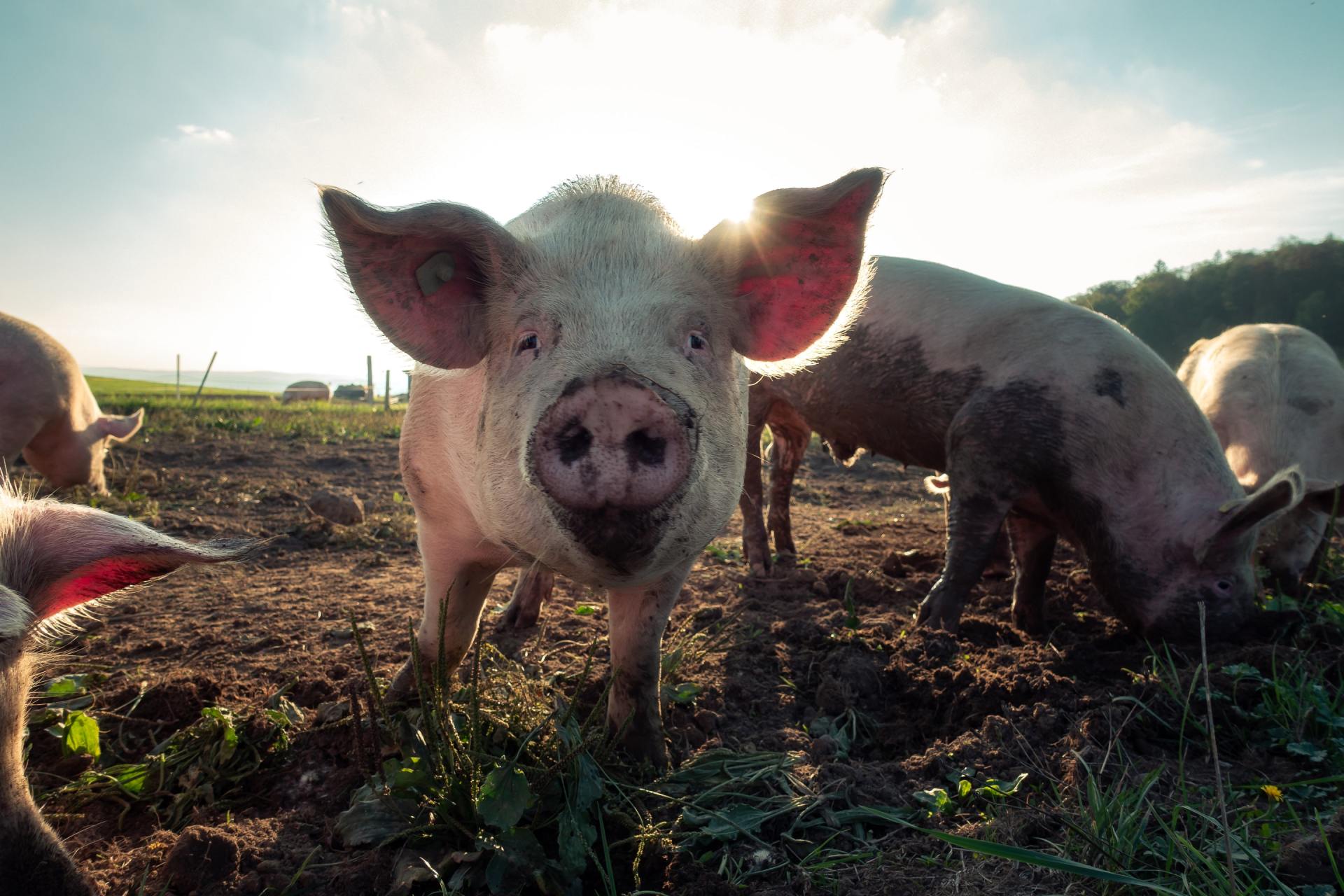
What are those things which are haram to consume?
Haram (Impermissible) consumables are summarized in the following list:

Does the word Halal only refer to food?
No, it refers to any Islamically permissible human action.

Is there a difference between Halal and Halal Certified?
Yes! Something which is considered as Halal is not the same as a Halal Certified product. Halal is a general term related to the adjudication of a thing, while Halal certified products are products which have been duly vetted by a third-party halal certification body.
It is Halal to walk, run, and eat an apple, yet none of these require Halal certification. Most foods are deemed halal without certifying bodies involvement at all. So why the need for Halal certification?
Certifying agencies are commissioned with looking deeply into the industry of consumables and applicator products to determine their viability for utilization by a Muslim person. The ingredients, suppliers, and possible points of potential contamination in production are the focus in an industry wrought with hazardous environments for the Muslim consumer. Once these hazards are removed, or disproven, the certifier may provide a seal of Halal certification. Halal certification is important because it offers the consumer a trust worthy partner and most Muslim consumers will not consume products made by companies that do not have this oversight.

How long does it take for a company to get halal certified?
Each client has unique needs that require the certifiers attention to be focused in different areas. Some inquiries involve hundreds of ingredients, while others, no more than one. Contact us, or fill out a Needs Assessment Questionnaire for more details.

How much does Halal certification cost?
Cost varies depending upon a combination of factors. The number of products, the number of ingredients, and the size of the facility all play a role in helping us determine the work required, and consequently, the cost and time to delivery. Find out more by navigating to our Pricing Calculator.
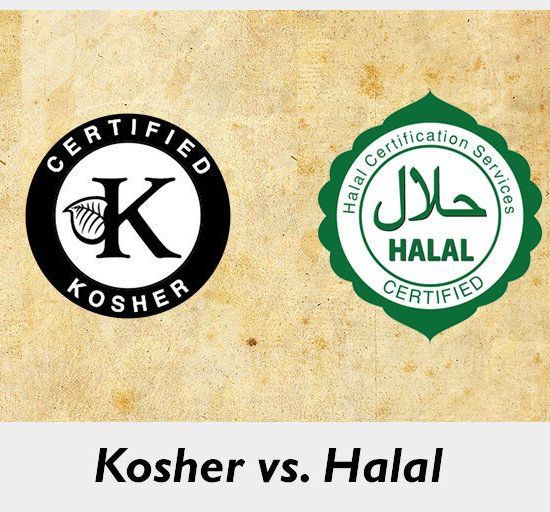
What is the difference between meat labeled Halal and meat that is labeled Kosher?
Halal meat is meat that is slaughtered in accordance with Islamic law. Kosher meat is meat that is slaughtered in accordance with Jewish regulations, which may differ from Orthodox Jewish law.

Jews are people of the book, so, can I consume Kosher meat?
There are numerous similarities between the Islamic manner of slaughter and the traditional Orthodox Jewish manner of slaughter. Slight differences may occur within each religions methodology or process. Therefore, if the Kosher certifying organization adheres to strict traditional Orthodox Jewish law, then the meat is deemed Halal and permissible to consume for Muslim persons. Unfortunately, many Kosher organizations do not adhere to the stipulations of their original law, such as the mentioning of the name of God before slaughter, which means that the product cannot be deemed Halal.

Christians are people of the book, so can we eat their meat?
Permission to eat the food of the people of the book is granted by virtue of adherance to canonical methods of slaugher which miror that of proper shar’i rulings. This includes sliting the ventricles, letting blood flow, and pronouncement of the name of God prior to slaughter. Generally speaking, these original teachings are no longer regularly practiced by Jews and Christians. If these standards are not upheld, the products cannot maintain a Halal status, regardless of who slaughters the animal.
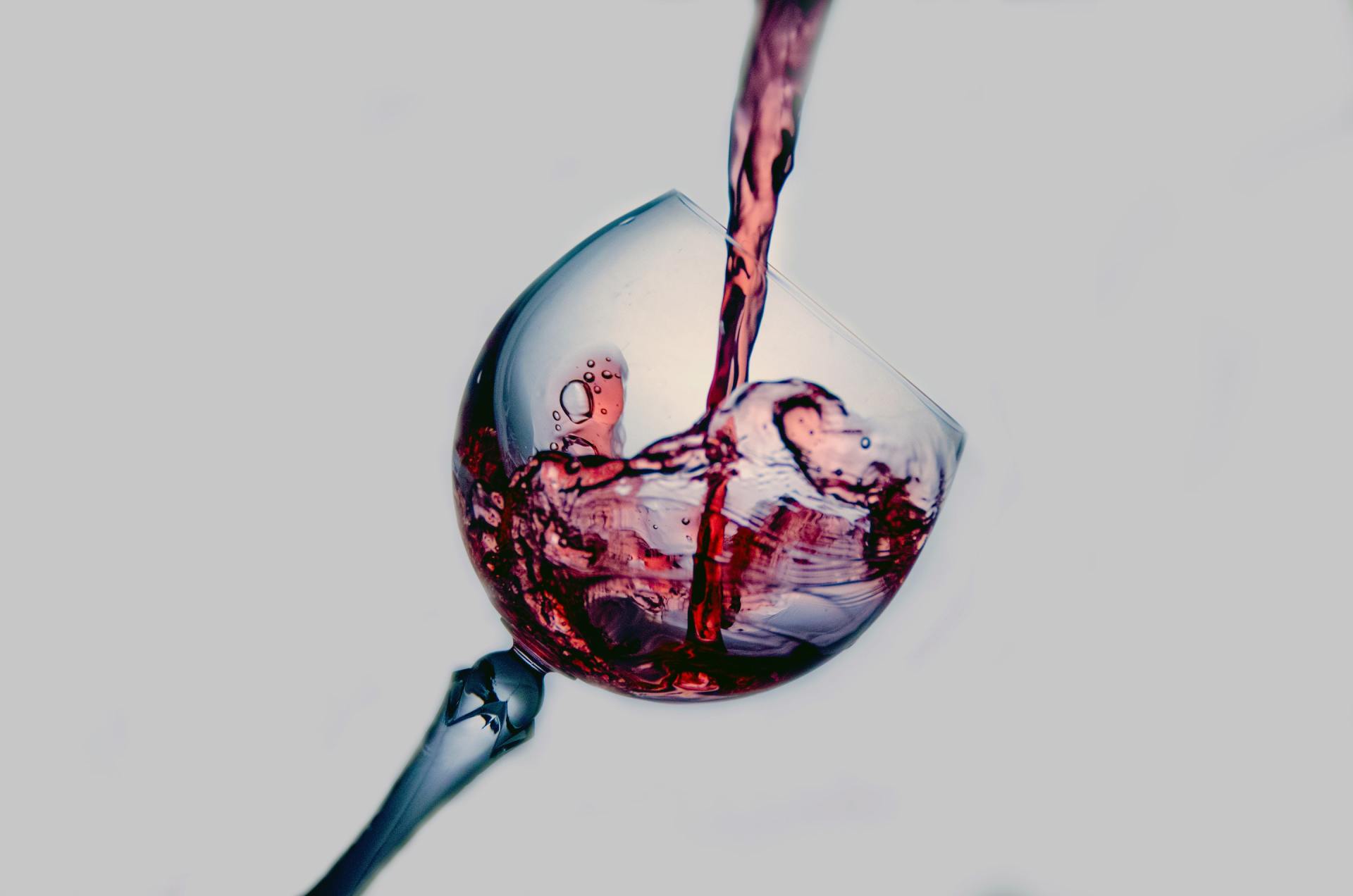
What about other Kosher products such as Kosher wine?
Only Kosher meat that has been slaughtered according to the original Jewish law is deemed Halal. Other Kosher products are neither necessarily Halal nor Haram. Each product needs to be further investigated. (E.g. Kosher wine (alcohol) is not halal as the consumption of anything which intoxicates is considered as Haram in Islam).
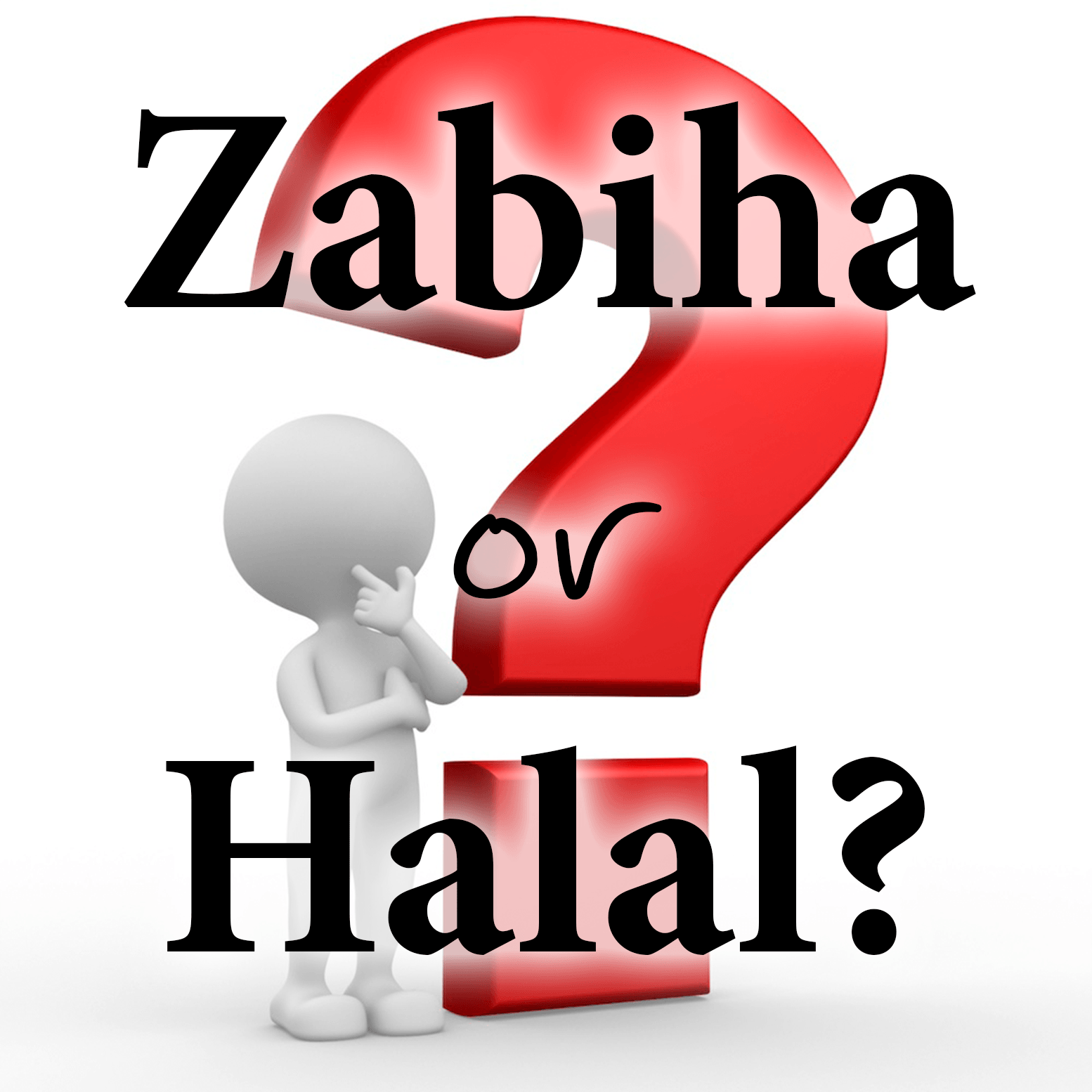
What is the difference between Halal and dhabḥ (zabiha)?
What is the difference between Halal and dhabḥ (zabiha)?
Many people, Muslim and non-Muslim, do not understand the meaning of the terms halal and Zabiha, nor the difference between the two. Here, we will break down the word etimologically and bring some clarity to the issue inshallah.
"Halal" is a broad term which refers to "That which is lawful or permissible for a Muslim". With respect to foods and products, halal refers to that which is permissible to consume, utilize, or transact.
Zabiha, or dhabiḥa is the Arabic term which means "to slaughter".
Zabiha vs Halal does not mean that one is more authentic than the other. A proper dhabh is simply a proper dhabh. Therefore, it is incorrect for one to assume that Zabiha holds greater value of some sort.
A properly performed dhabh (slaughter) renders the animal permissible, or halal, to consume, whilst an improper dhabh renders it impermissible, or haram, to consume.
The proper method of slaughter is not only religiously compliant, it also ensures that the animal is managed in a humane way.
The Prophet Muhammad (PBUH) is reported to have said; “If you must slaughter, slaughter in the best possible manner, sharpen your knife every time before you slaughter but not in front of the animal to be slaughtered. Do not slaughter an animal in the presence of other animals, and feed and rest the animal before slaughter.” When Prophet Muhammad was asked by his Companions whether kindness to animals would be rewarded in the life hereafter, he replied, “Yes, there is a meritorious reward for kindness to every living creature” -[Bukhari]
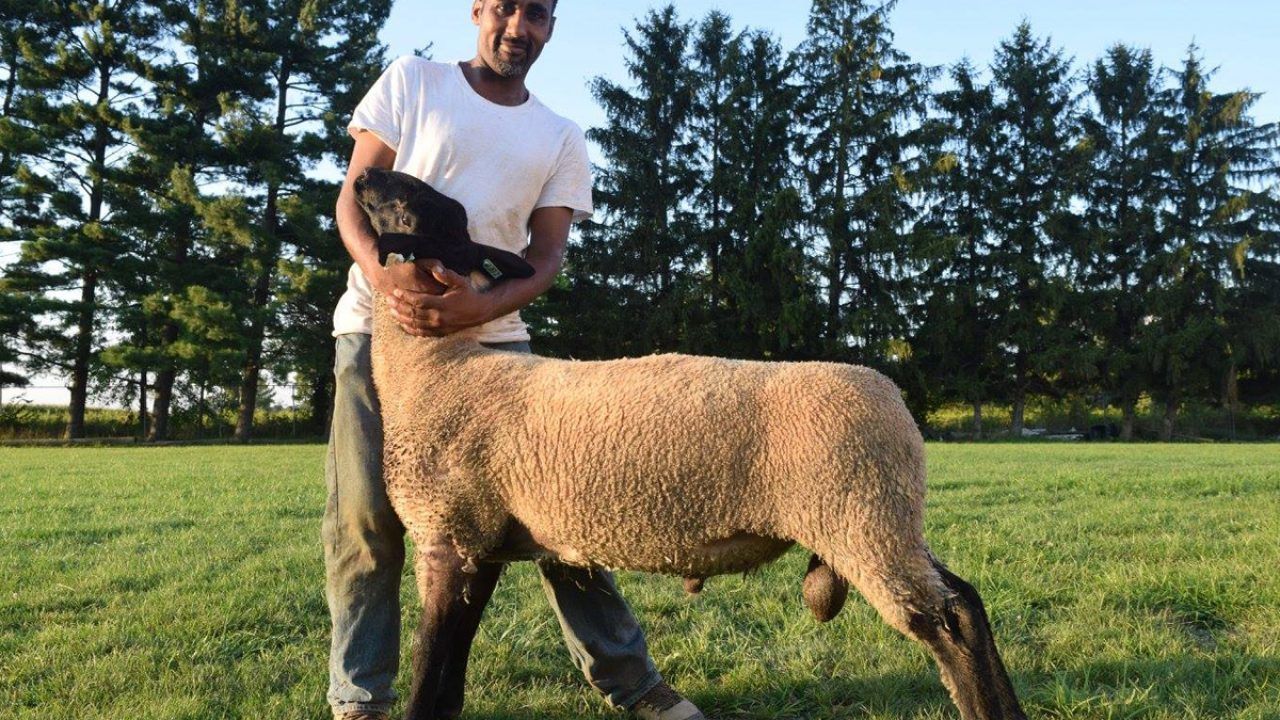
If an animal has undergone the Islamic dhabḥ process, but the slaughter man is not a Muslim, then is it permissible for me to consume it?
As long as the slaughterman is a kitabi (i.e., Jew or Christian), then yes.
So this begs the question, what is the proper method of slaughter? Read our Research Report for more detailed information!

Are the fish and fries I bought at a takeout restaurant Halal?
The answer to this depends upon whether the products were prepared or fried in the same equipment or oil as a non-Halal products. Any animal that dies in a way that is not compliant with Islamic ritual slaughter is classified as maytah (dead animal). Maytah is not only impermissible to consume, but it is also najas (filthy), which means, they can contaminate other clean and pure foods, utensils, and containers. Any food that is contaminated is not permissible to consume. Whatever that filth touches will also become contaminated, and proper cleansing must be observed to remove the traces of residue (Smell/taste/color).
One must also be concerned with the ingredients used in each product. Some french fries are made using fat from non-halal animal sources, such as beef tallow.
Always order with precaution, and ask when concern arises.
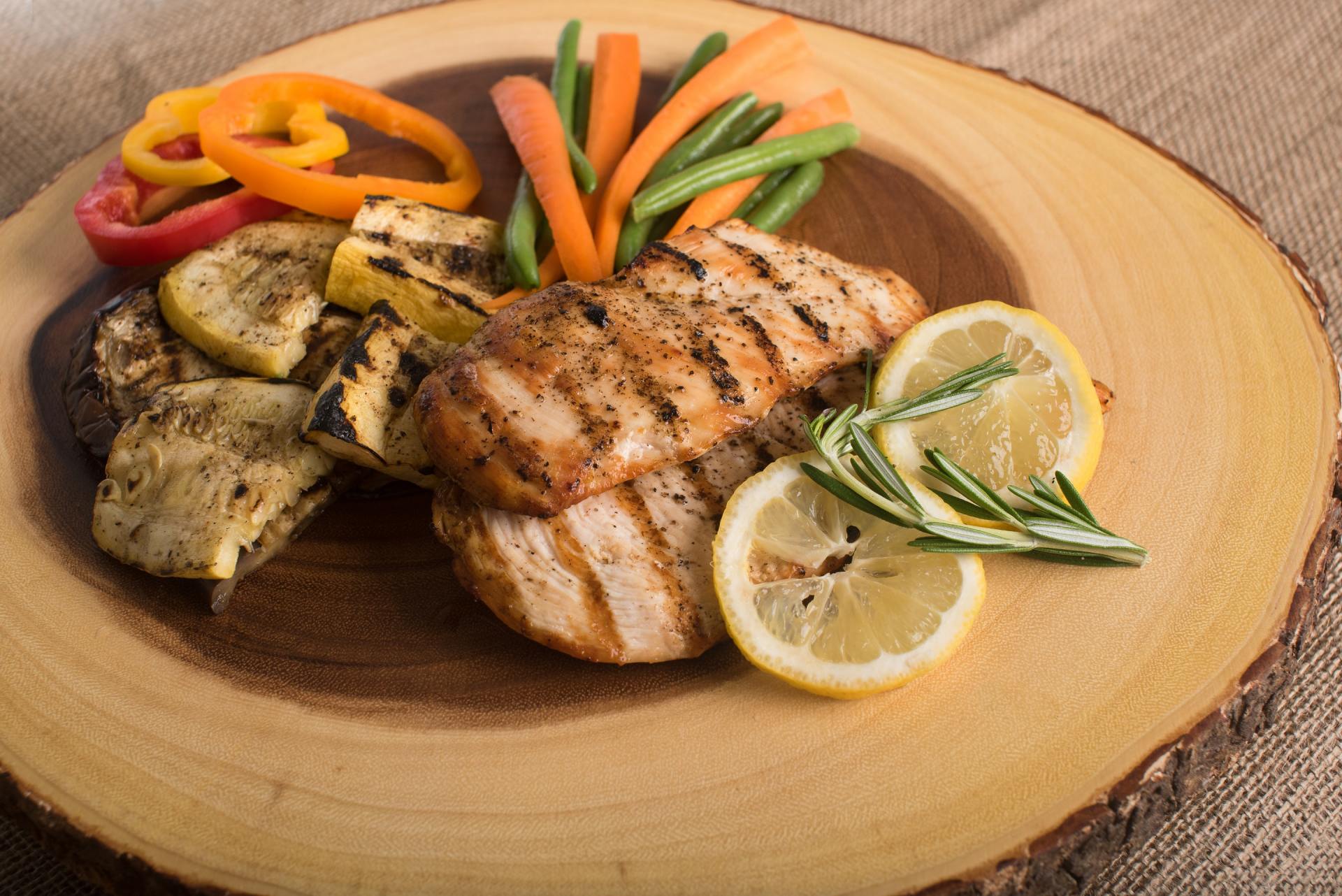
A new steak and grill restaurant has opened and they advertise that all of their chicken is Halal. This restaurant does however serve various other meats, which have not been marketed as Halal or dhabīḥa (zabiha). Is it permissible for me to consume the chicken alone?
If the chicken is prepared in the same kitchen as the non-Halal meat, you stand the high risk and probability of contamination, and this doubt mustn't be overlooked.
If, however, the chicken is not contaminated by the non-Halal meat, then it will be halal to consume. It must be verifiable that the food is not contaminated via the usage of completely separate equipment, or the utensils used are vigorously cleansed in accordance with Islamic dietary restrictions.

Some products are Haram to consume, but can I still buy and sell it?
It is absolutely not permissible to buy or sell any products that are haram. The prophet expressly forbade this action. The Messenger of God (peace and blessings be upon him) said: “God has cursed alcohol, the one who drinks it, the one who pours it, the one who sells it, the one who buys it, the one who squeezes (the grapes etc), the one for whom it is squeezed, the one who carries it and the one to whom it is carried.” -
Abu Dawood (3674) and Ibn Maajah (3380) - Authentic
Most schools of thought however adopt the view of permission on the basis of utility, such as purchasing manuer as a fertilizer.
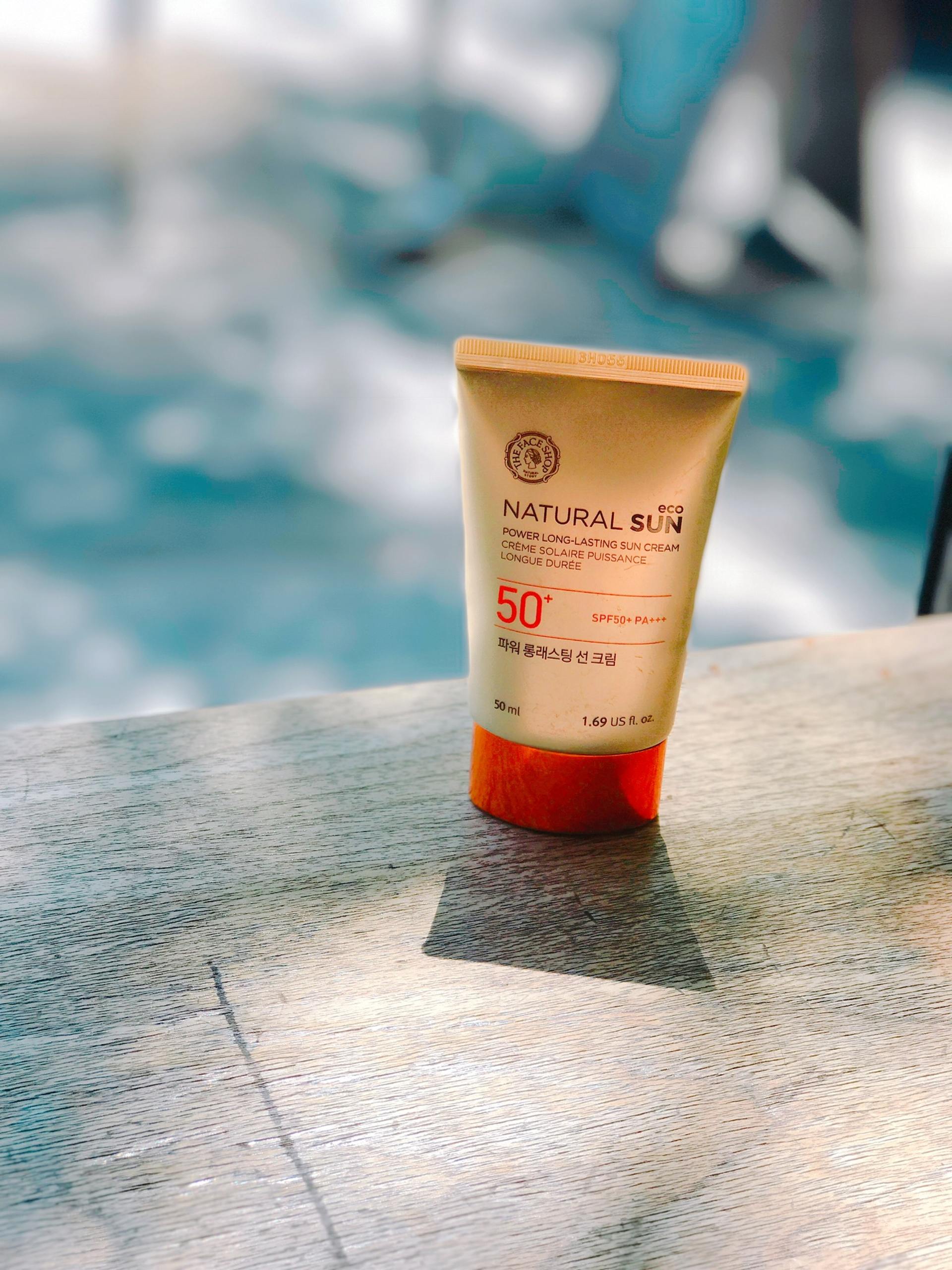
My lotion contains non-halal animal collagen. Would I be permitted to use it since I am not consuming it?
It is NOT permissible to use it, as our tradition is very clear about this prohibition. If the ingredient is not Halal, then it would not be permissible to even apply it to anything else, let alone ones own body.
Narrated by Jabir bin `Abdullah:
I heard Allah's Messenger (ﷺ), in the year of the Conquest of Mecca, saying, "Allah and His Apostle made illegal the trade of alcohol, dead animals, pigs and idols." The people asked, "O Allah's Messenger (ﷺ)! What about the fat of dead animals, for it was used for greasing the boats and the hides; and people use it for lights?" He said, "No, it is illegal." - Reference: Sahih al-Bukhari 2236
This hadith is telling us that if it is not permissible to consume, then it is not permissible for us to utilize.
This is why it is important for Muslims to be concious of the cosmetic products they purchase. Be sure to look for a Halal certification emblem, or inspect the ingredients list. Follow up and research ingredients that are unfamiliar, and do not utilize products that have impermissible ingredients.

I have a medical condition, and i can only find medicine whose capsules are made with pork. Can I still use this medicine?
Our religion permits the use of such items in the event that a medical necessity arrises. The Quran states that one must take careful concern to ensure that the utilization of such products are necessary, and should never be abused.
In the event that there is no necessity, meaning, one's life is not in danger, then there is no difference of opinion upon the issue of utilizing a haram product. Only in the event of a necessity does Allah SWT instruct us to not go beyond bounds:
Say, "I do not find within that which was revealed to me [anything] forbidden to one who would eat it unless it be a dead animal or blood spilled out or the flesh of swine - for indeed, it is impure - or it be [that slaughtered in] disobedience, dedicated to other than Allah . But whoever is forced [by necessity], neither desiring [it] nor transgressing [its limit], then indeed, your Lord is Forgiving and Merciful." 6:145
The Quran states that one must take careful precausion to ensure that the utilization of such products are necessary, and should never be abused.
[Quran: 16:155] - He has only forbidden to you dead animals, blood, the flesh of swine, and that which has been dedicated to other than Allah . But whoever is forced [by necessity], neither desiring [it] nor transgressing [its limit] - then indeed, Allah is Forgiving and Merciful.

Mansoor Rafiq Umar is a B.A. graduate of the Darul Na'im Institute for Arabic and Islamic Studies seminary of South Africa. He has studied under various scholars of theology and Islamic legal theory, such as Mln Taha Karaan, and Sheikh Mokhtar Magroui, and networked with organizations across the world.
